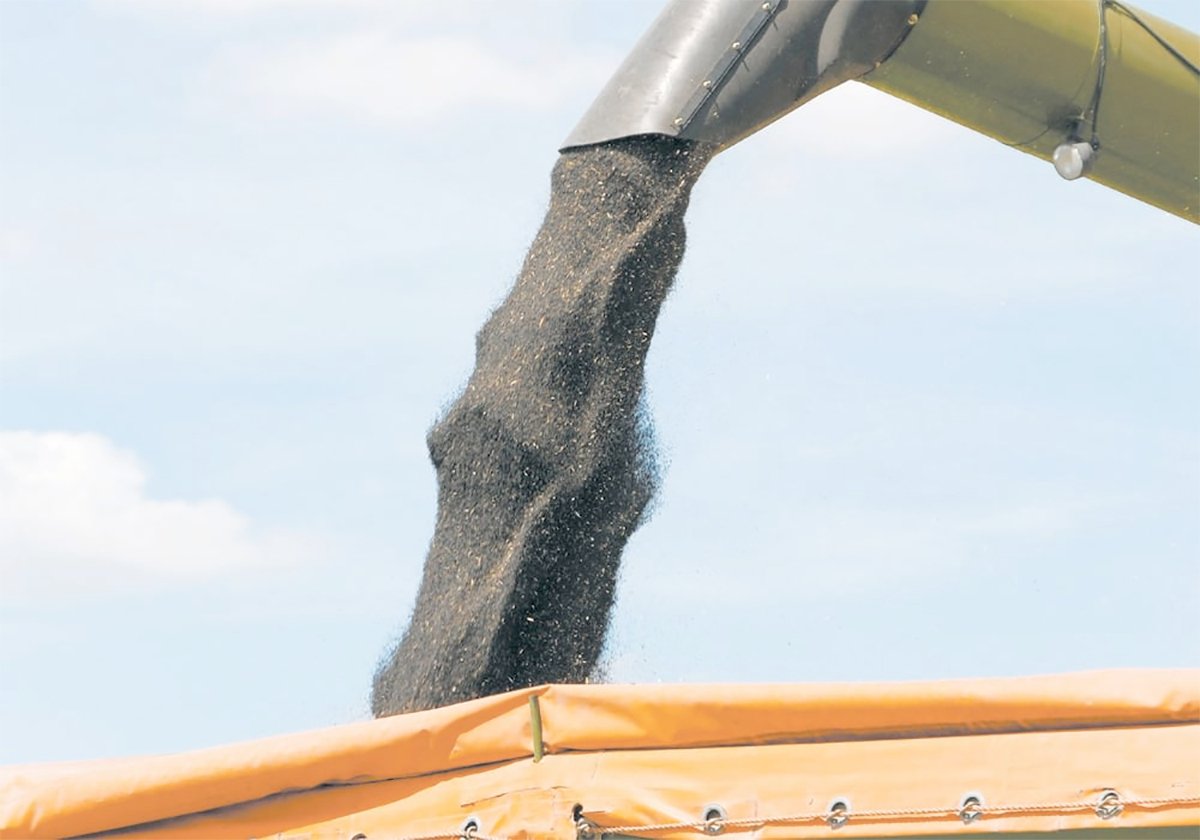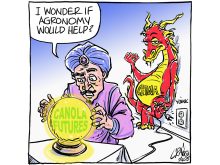Accused of perjury and obstruction of justice for attempting to conceal a relationship with a White House intern, president Bill Clinton faced an impeachment trial this week in Washington, D.C.
How would Canadians react if one of their senior politicians was facing heat for telling a lie?
A book published this fall, In a Question of Ethics: Canadians Speak Out, gives a glimpse of the Canadian psyche.
“Most Canadians believe it is acceptable for a politician to lie to protect his or her privacy, but will not tolerate lying about public matters,” said the news release issued by one of the book’s four co-authors, Maureen Mancuso from the University of Guelph.
Read Also

Determining tariff compensation will be difficult but necessary
Prime minister Mark Carney says his government will support canola farmers, yet estimating the loss and paying compensation in an equitable fashion will be no easy task, but it can be done.
“Politicians will find their reputations surprisingly resilient to lies and evasions that have to do strictly with their private life, but lying about public affairs is a very dangerous game,” she said.
Mancuso, a political science professor, joined colleagues from several other universities, including University of Saskatchewan academic vice-president, Michael Atkinson, in learning more about Canadian attitudes on ethics.
Conclusions were based on a phone survey of 80 questions presented to more than 1,400 respondents across Canada.
Topics included patronage, lying, conflict of interest and accepting gifts.
How do people feel about the media uncovering dirt on politicians?
Slightly more than 50 percent think a politician should say “it’s none of your business” when asked by journalists if the politician is seeing a marriage counsellor.
The release continued: “A quarter of the respondents favor an evasive answer while the remainder suggest being upfront about the issue.”
Eighty percent of those surveyed believe there is too much coverage prying into the private lives of politicians.
“Reporters who are more interested in private lives than public issues need to be more careful,” said co-author Neil Nevitte, from the University of Toronto.
The study also found the public ranks politicians lower than journalists in ethical standards, and have an image problem worse than pampered celebrities and prima donna athletes.














